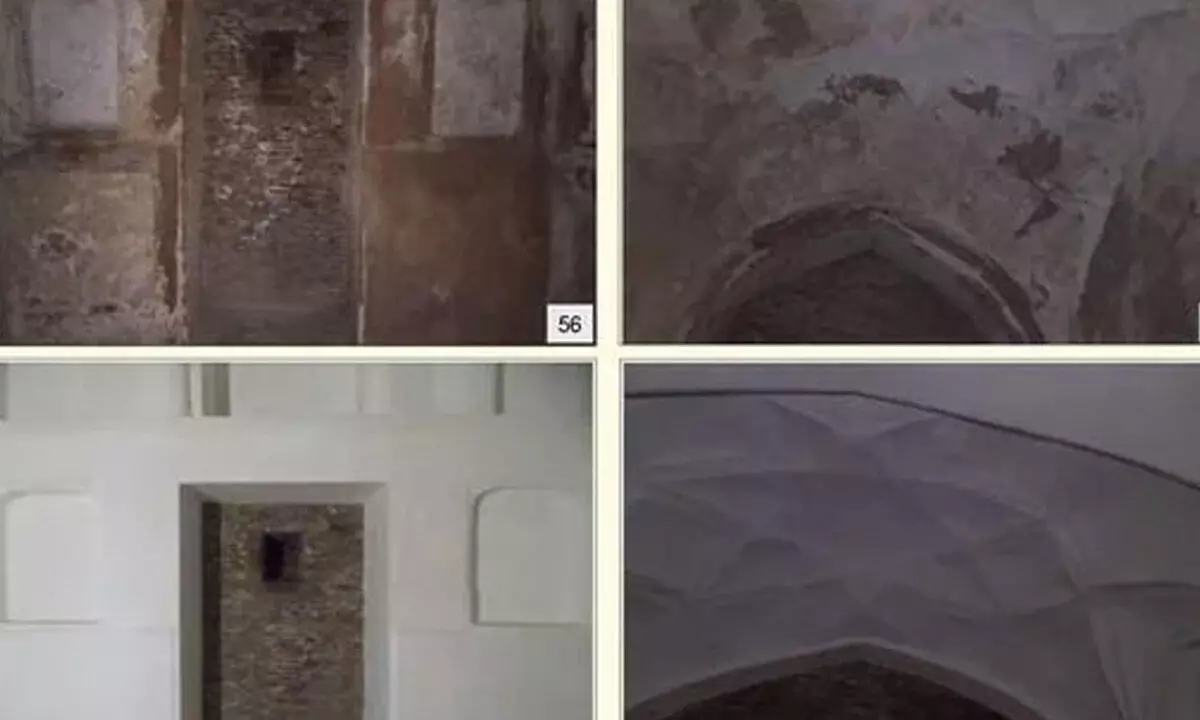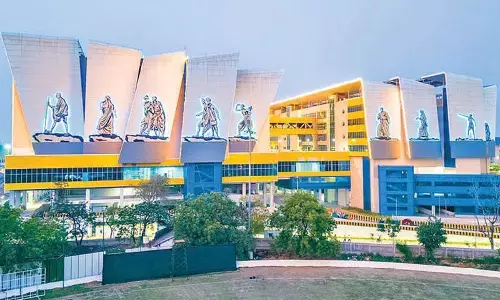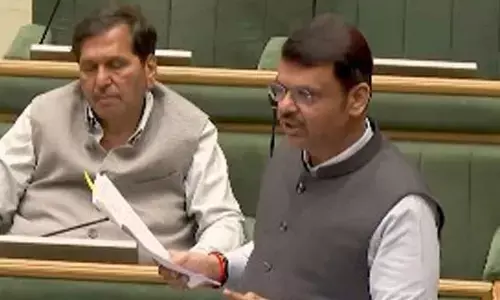Archaeological Survey Of India Has Released Photographs Of Taj Mahal Conservation Work

Archaeological Survey Of India Has Released Photographs Of Taj Mahal Conservation Work
- The Archaeological Survey of India (ASI) has released images of two locations on the riverfront of the Taj Mahal in Agra where maintenance work was recently completed
- A senior ASI official mentioned that the Archaeological Survey of India's primary responsibility include the conservation of monument
The Archaeological Survey of India (ASI) has released images of two locations on the riverfront of the Taj Mahal in Agra where maintenance work was recently completed in locked underground cells.
The 20th page of the January 2022 newsletter of the Archaeological Survey of India explained that on the riverside, the chore of maintaining subsurface cells was overtaken. Before application, old and degraded lime plaster was eliminated and replaced with new lime plaster and traditional lime processing.
A senior ASI official mentioned that the Archaeological Survey of India's primary responsibility include the conservation of monument, and they carry out our duties on a regular basis. They must look after monuments and hence must look at crucial places, regardless of whether they are closed or open to people.
He clarified that Taj Mahal is not the only monument where the construction is carried out . It is carried out at other protected heritage sites too. According to the requirements, we reach the roof and the basement. As a result, conservation work was recently completed in Taj Mahal's underground cells, which are otherwise inaccessible to the general public, from December 2021 to March 2022, and the images are now in the public domain.
These underground apartments or cells beneath the Taj Mahal's main tomb had recently made headlines. Rajneesh Singh, the media in-charge of the Bharatiya Janata Party (BJP) in Uttar Pradesh's Ayodhya district, filed a case at the Allahabad high court's Lucknow bench on May 4.
The petitioner had asked the state government to form a committee to study the 20 rooms within the 17th century monument for any trace of Hindu deities or scriptures.













